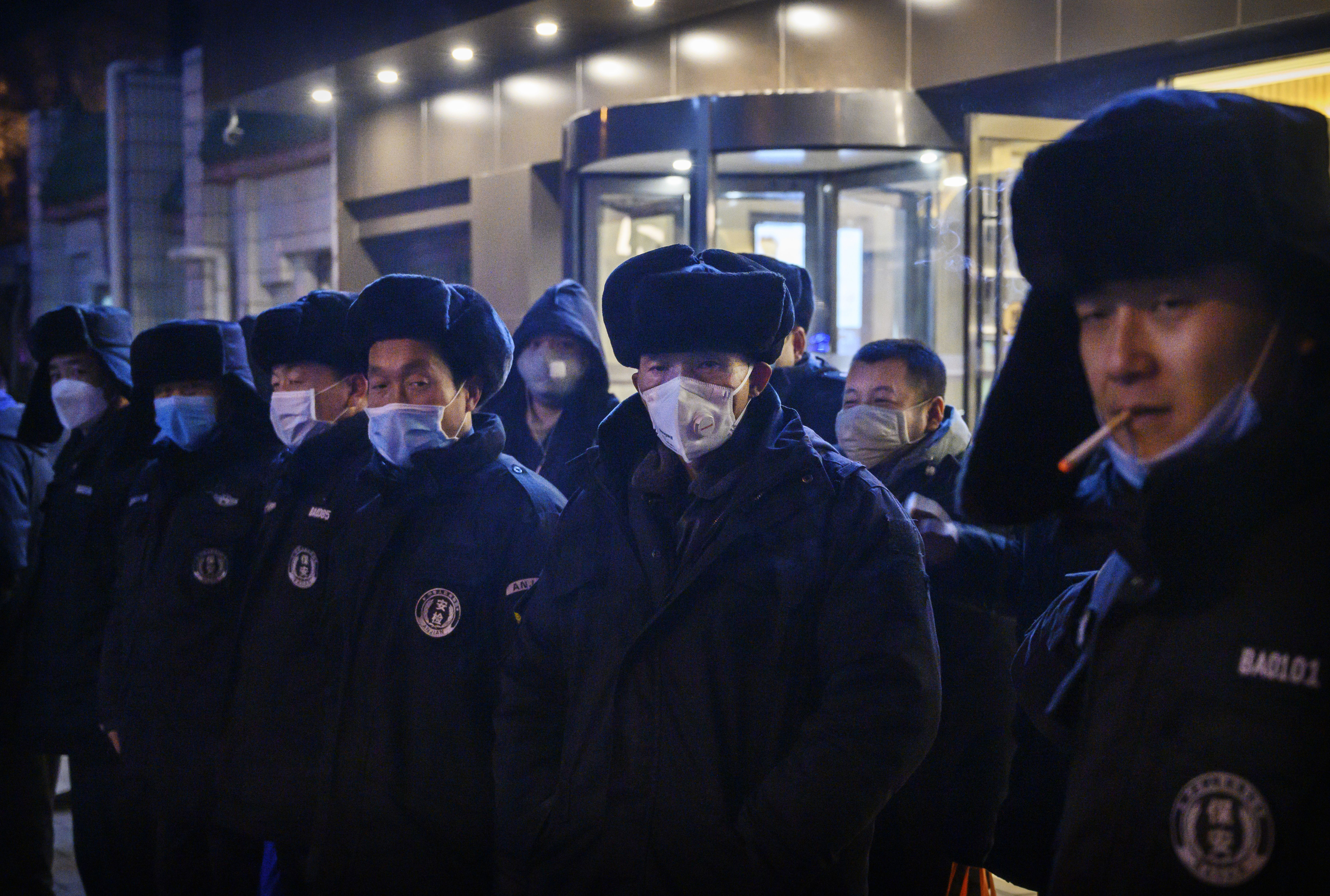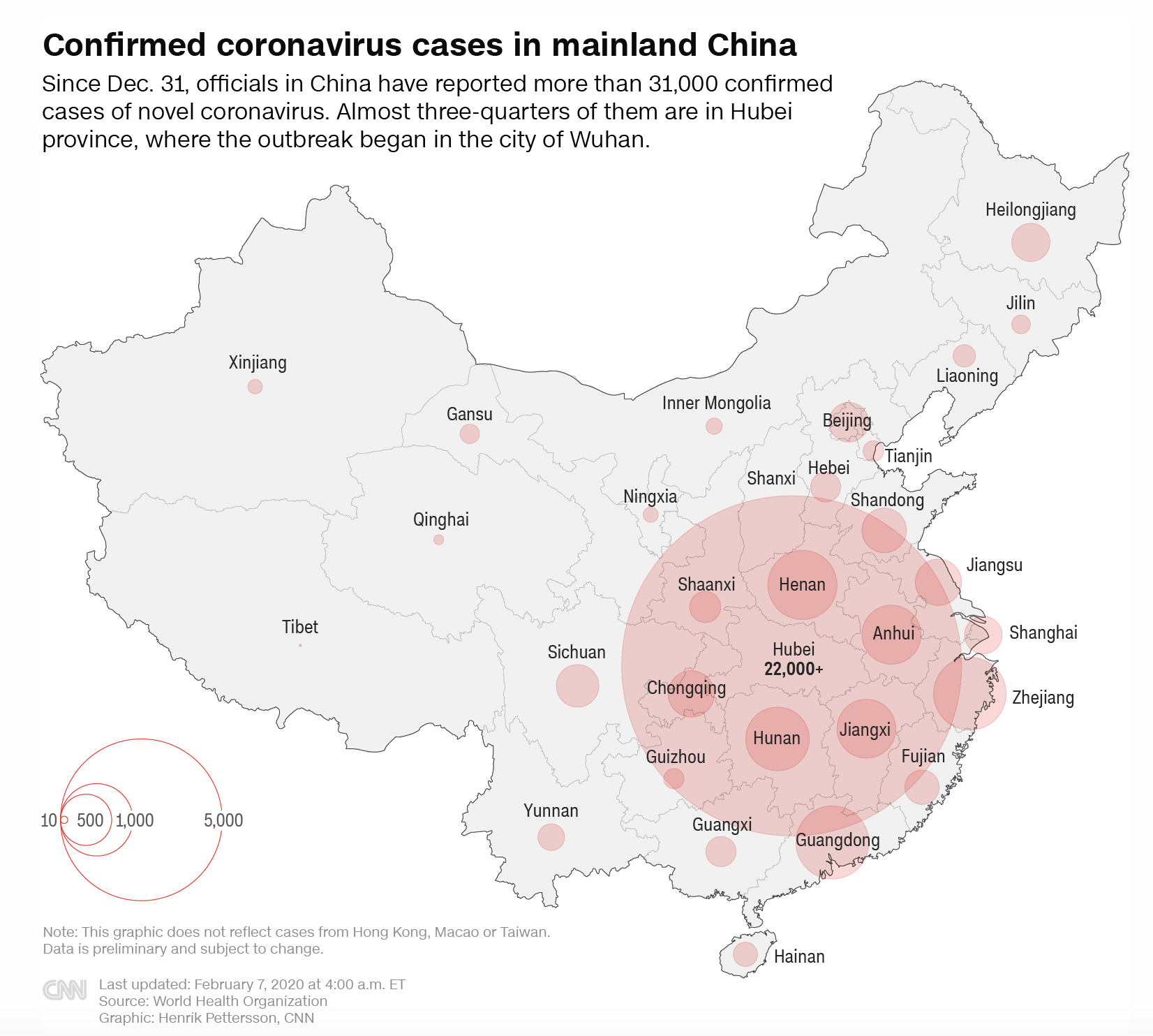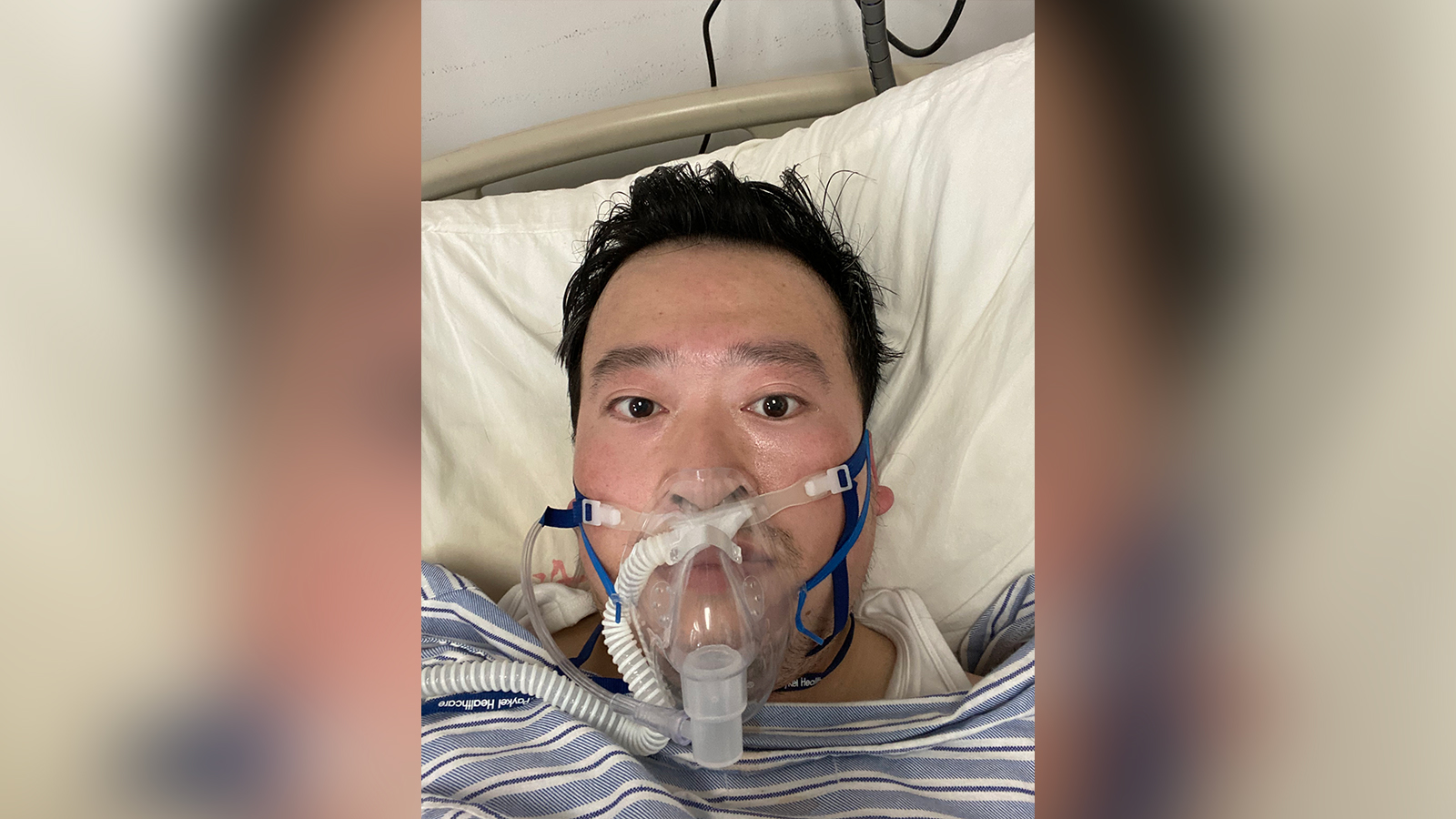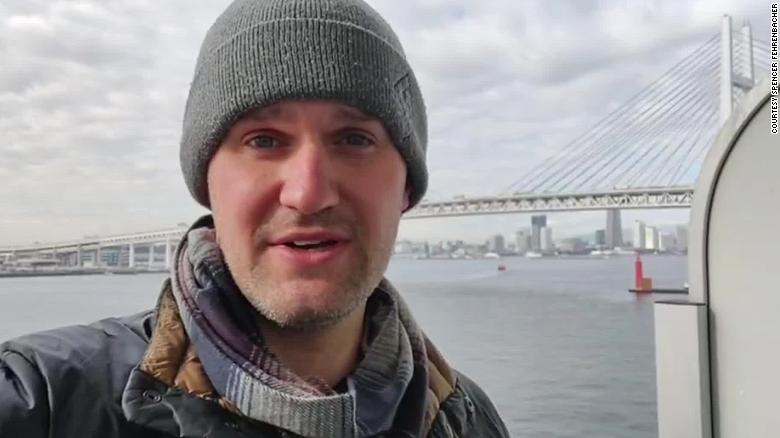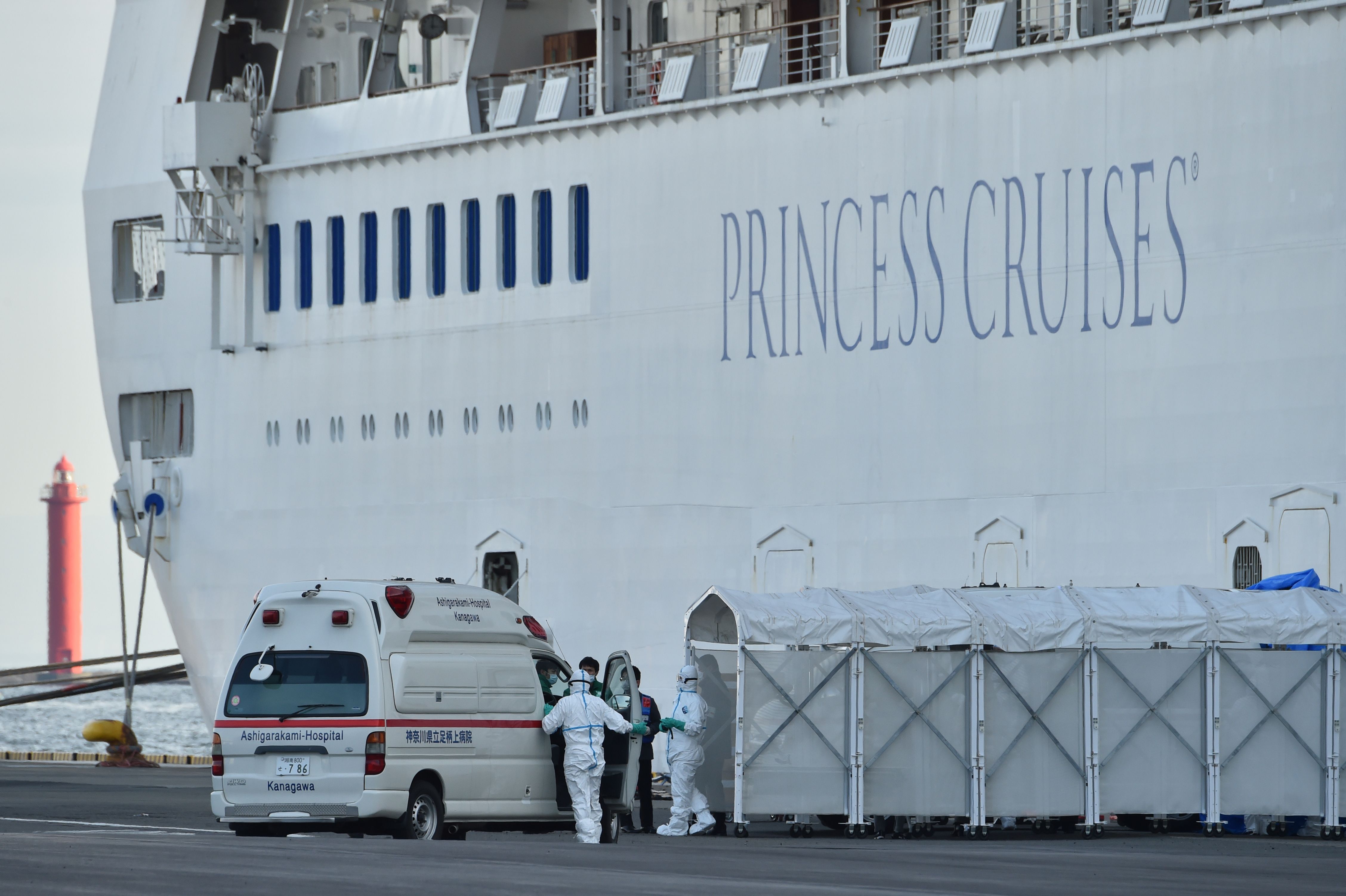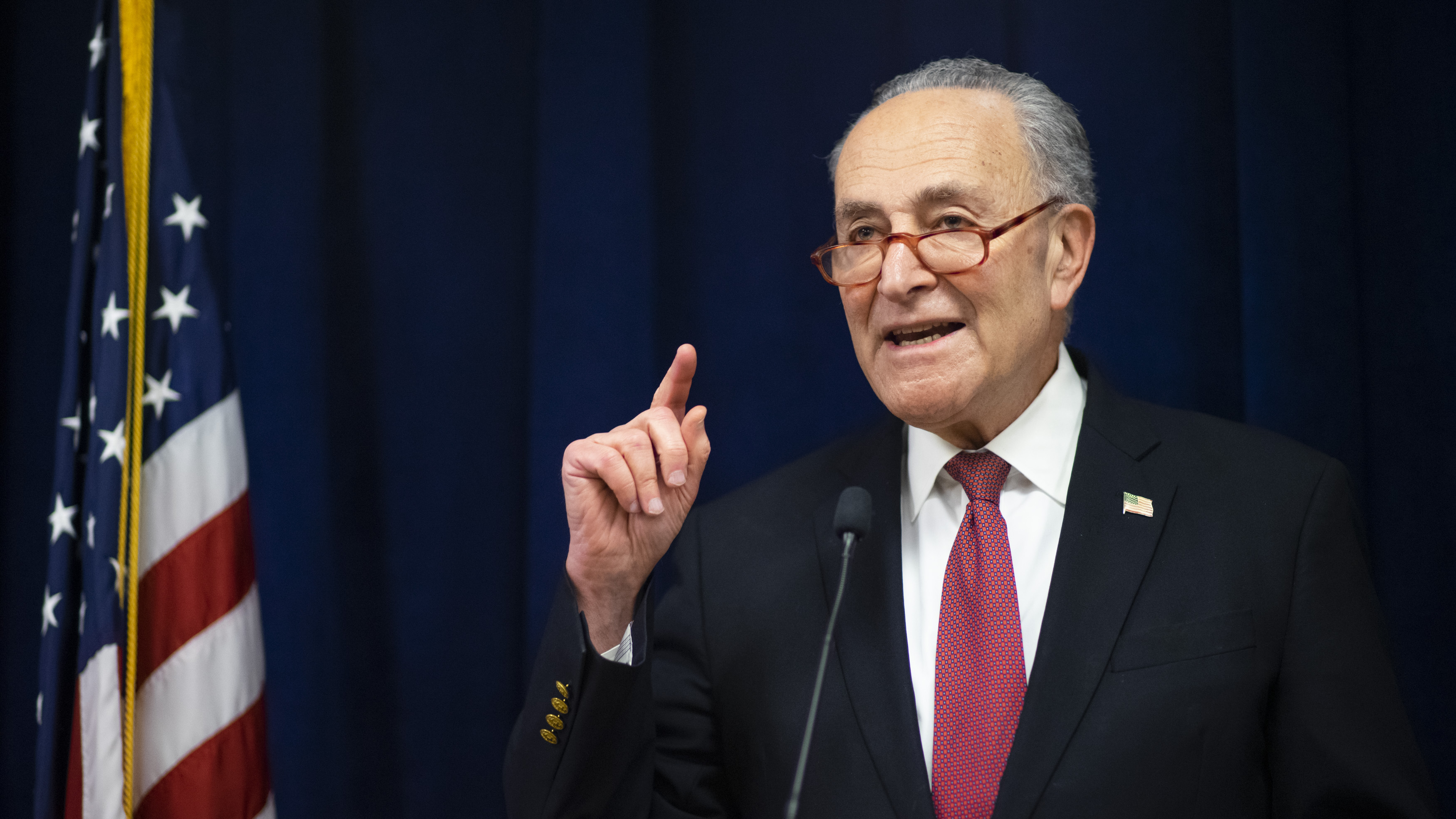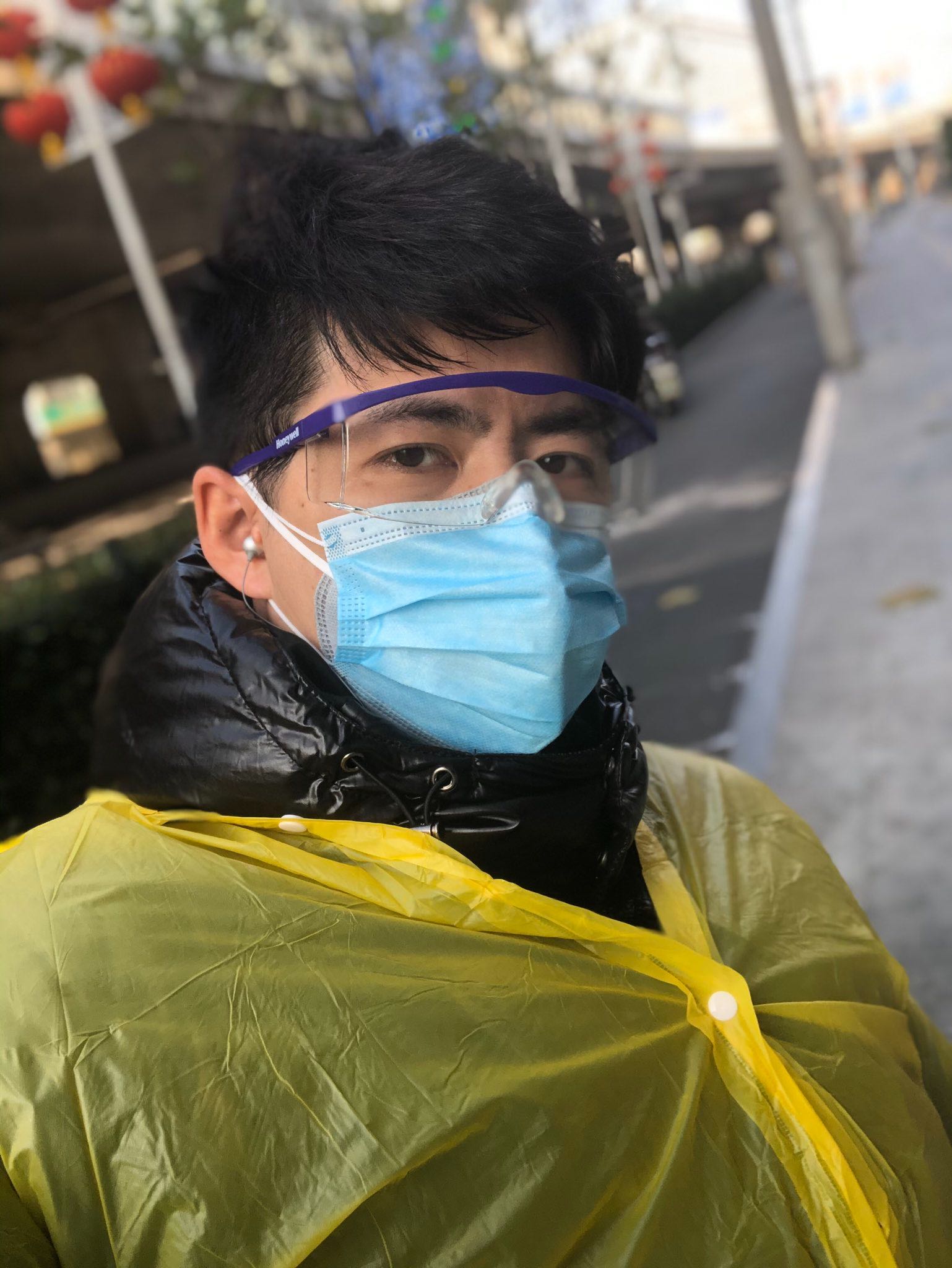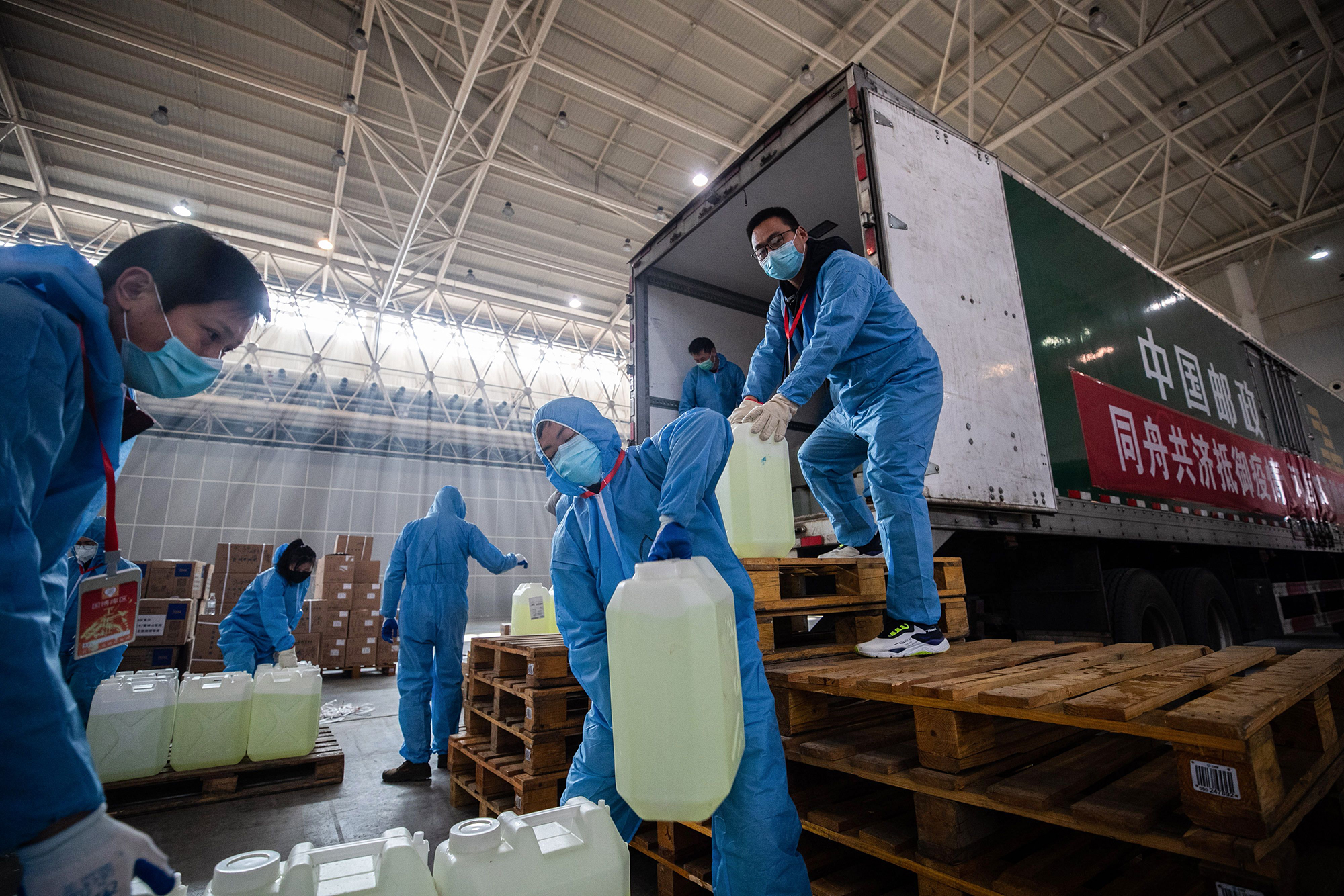
Hours after a state-imposed lockdown brought public transport in the Chinese city of Wuhan to a halt in late January, Wan Jiuxiong and his colleagues sprang into action.
The 27-year-old ride hailing driver joined a group of volunteers ferrying medical staff to and from overcrowded hospitals, where rows of feverish patients were fighting the coronavirus.
Wan's first assignment was to pick up a nurse from home and drive her to the Jinyintan Hospital, a key facility designated by the government to treat patients infected with the pneumonia-like illness.
Wan's passenger left in a hurry, without saying "goodbye" or "thank you", but Wan isn't looking for thanks.
"In this time of need, we Wuhan people have to save ourselves. Everyone has got to do their own part," he said.
Volunteers on the front lines: Hundreds of volunteers have formed a lifeline for the residents of Wuhan, the epicenter of the outbreak.
The lockdown suspended all buses and subways -- and though the government deployed taxis to help deliver supplies and transport patients, it's not enough.
To fill that gap, ordinary car owners like Wan have organized themselves into groups on WeChat, China's popular messaging app, where they swiftly respond to the requests of medics.
In addition to driving health care workers, some volunteer groups are delivering medical resources and supplies to hospitals. Others provide accommodation and hot meals to overworked doctors and nurses.
"It has been really difficult work for us volunteers. All we relied on is our hot blood," said Chen Hui, a 53-year-old volunteer. "Wuhan is sick, and we all want to cure it by pulling everyone's effort together."
